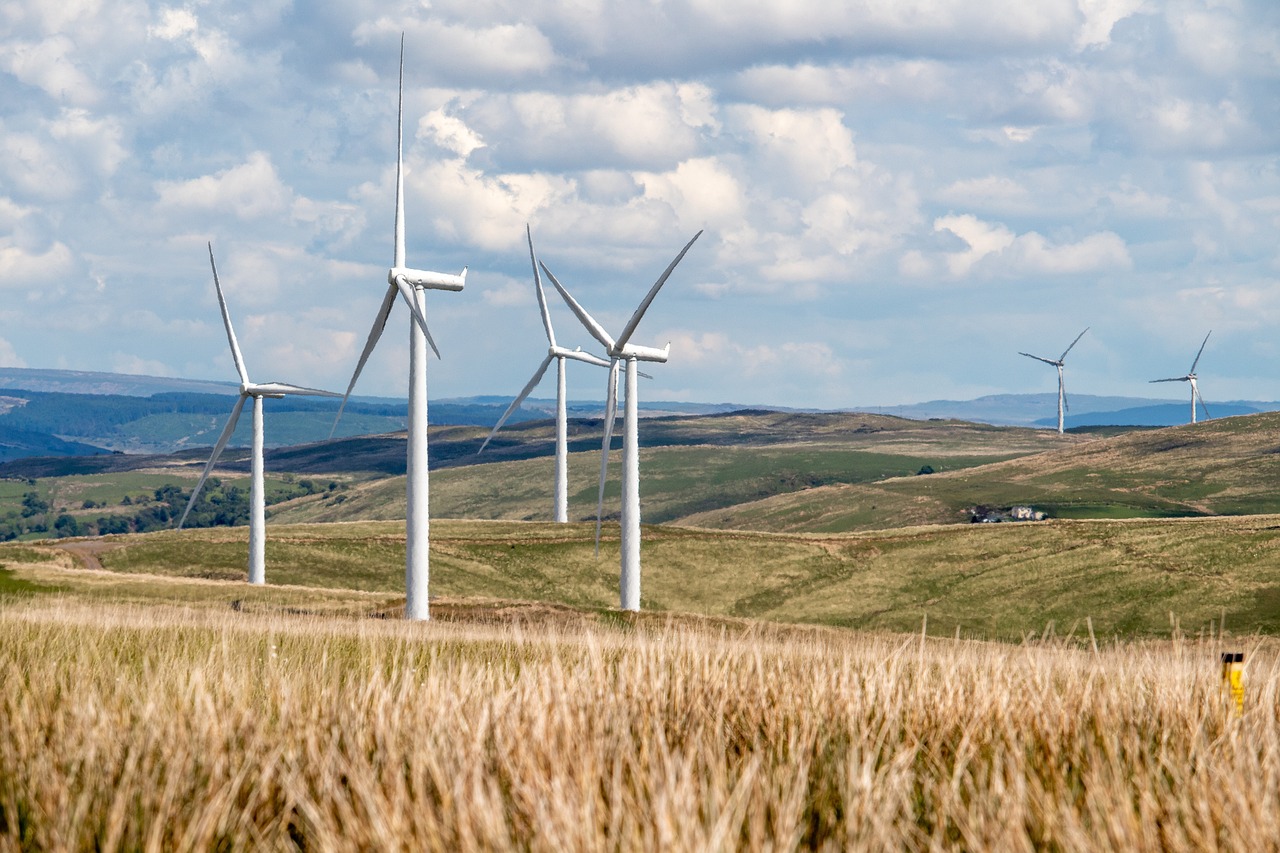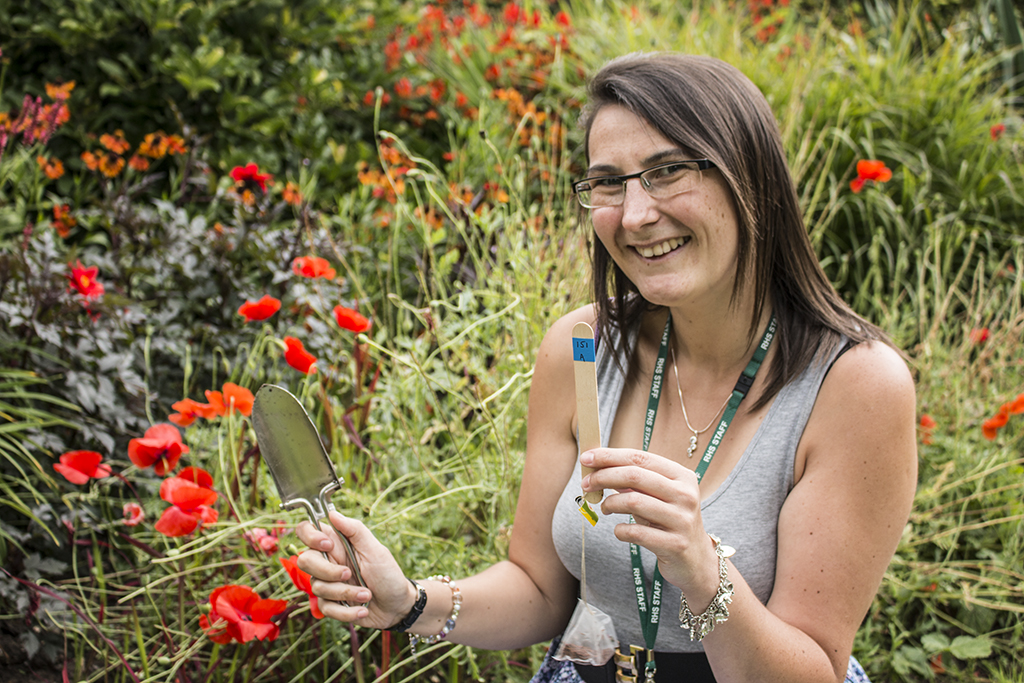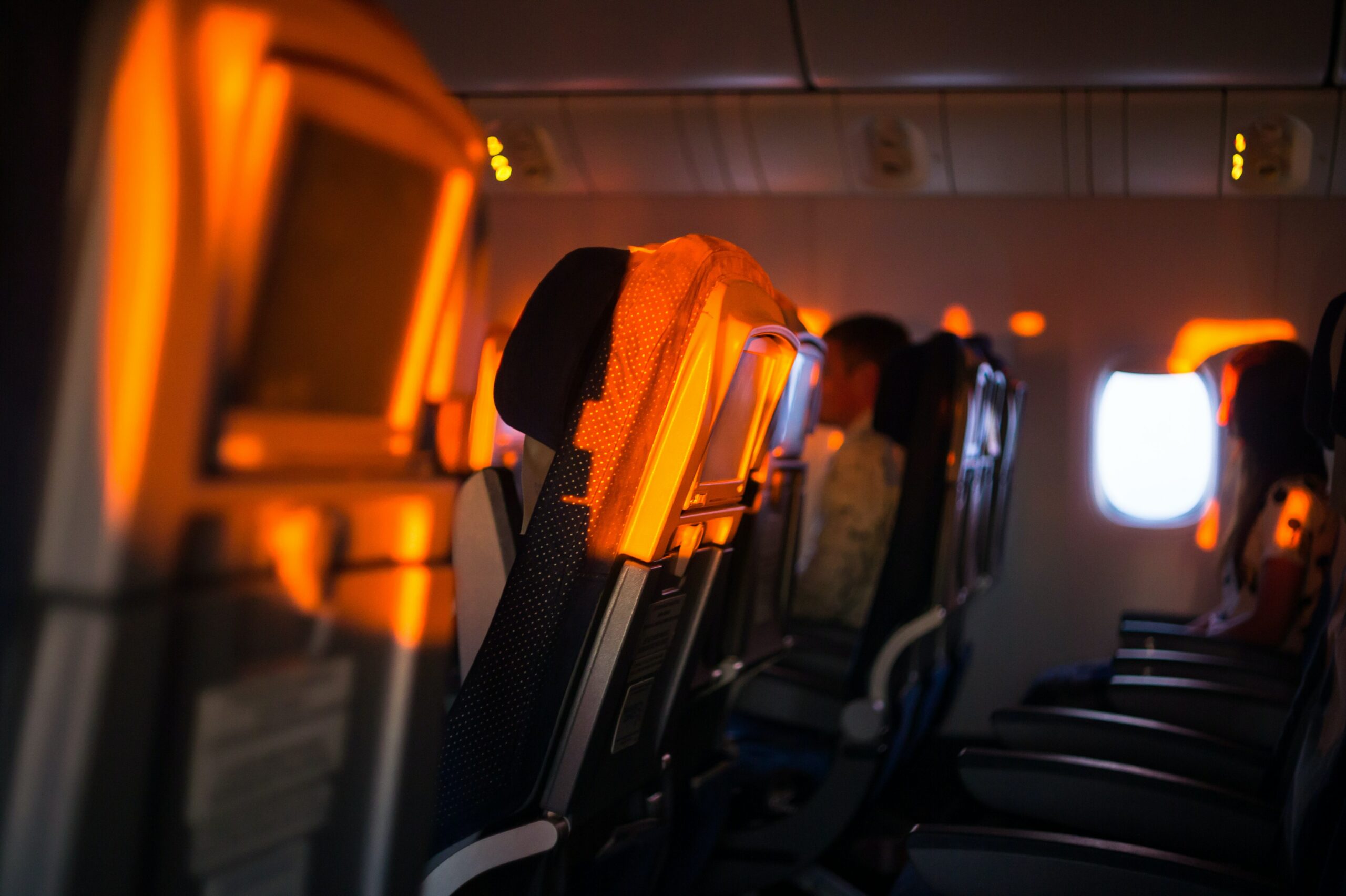In 2015, world leaders at COP21 committed to a 1.5°C target for global warming by 2050. To stay on course, science tells us that we must reduce our carbon emissions…Read More >
carbon emissions
The Tea Bag Index: using tea bags to measure soil decomposition and help predict future changes in climate
Dr Sarah Duddigan at the University of Reading is working alongside scientists across the globe who are using tea bags to help predict future changes in climate. They’re not reading…Read More >
Changing the way transatlantic flights are routed to reduce carbon emissions
On International Civil Aviation Day it is only right that we consider how we can make commercial flights more sustainable. If the aviation industry was a country, its carbon dioxide…Read More >
Working from home: can emissions really be reduced and what are the broader implications for cities?
The working arrangements of millions of us around the world changed dramatically after COVID-19 lockdowns went into effect globally in March of 2020. Suddenly, working from home (WFH), which was…Read More >
Getting to the bottom of net zero carbon
Here we reflect on the fourth in our series of all-staff talks in which Professor Bill Collins (Meteorology) reflects on what was achieved at COP26. Then Professor Tim Dixon (Construction…Read More >
Ask me anything about climate change!
From coronavirus to carbon storage, Reading climate scientists invited local school children to ask them anything on 13 March for British Science Week. Here are some of the burning questions…Read More >
To cut or not to cut – that is the question
By Dr Martin Lukac, School of Agriculture, Policy and Development, University of Reading Europe’s forests make a very important contribution to current efforts to decrease EU carbon emissions, as it seeks…Read More >
The cost of a flight
Dr Emma Irvine is a post-doctoral research assistant in the Department of Meteorology at the University of Reading. In January this year a new measure to tackle climate change came…Read More >



